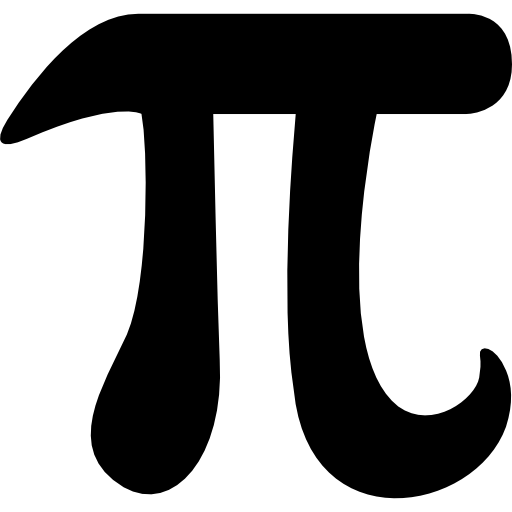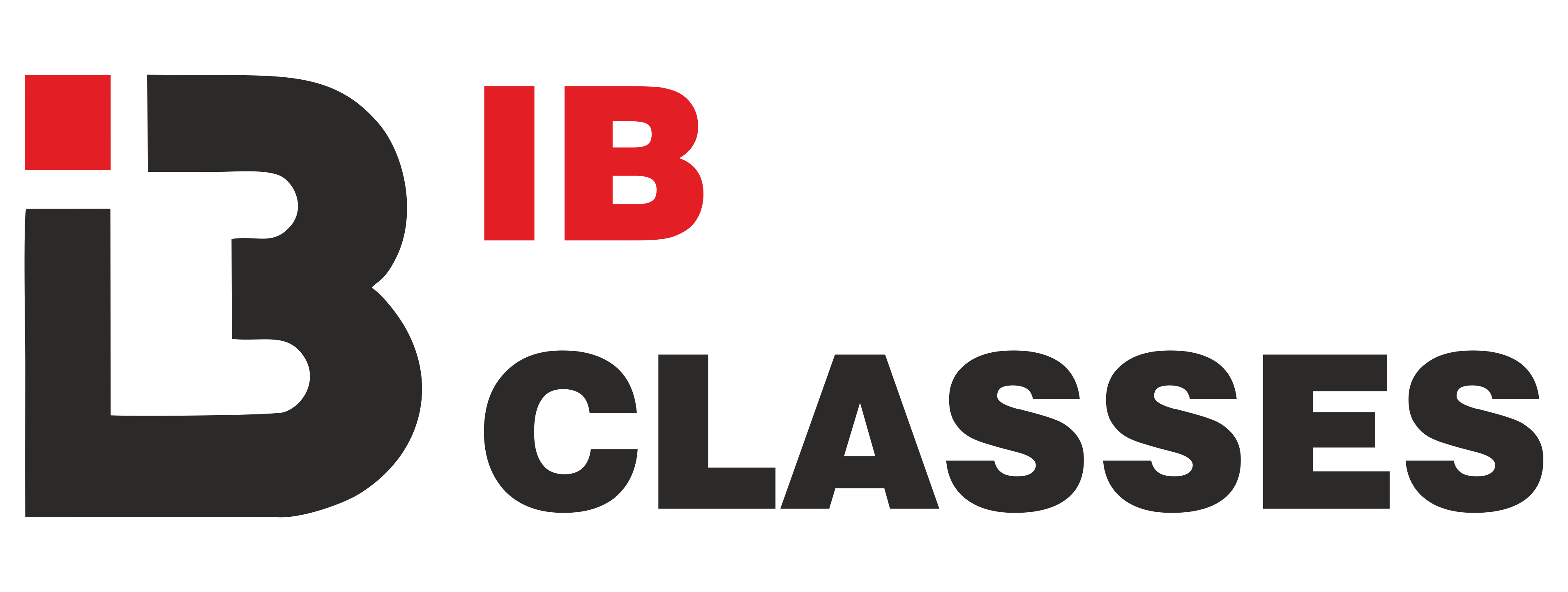Mastering Challenging Concepts in IB Math HL

Written by ibclassesss@gmail.com
Delve into the complex world of IB Math HL with this in-depth exploration of challenging concepts and how to master them.
Understanding the Fundamental Theorems in Calculus
Understanding the Fundamental Theorems in Calculus is crucial for success in IB Math HL. It involves grasping concepts like the Fundamental Theorem of Calculus, which relates the concepts of differentiation and integration. By understanding this theorem, students can better comprehend the relationship between the rate of change of a function and the accumulation of its values over an interval.
Another important concept in calculus is the Mean Value Theorem, which states that if a function is continuous on a closed interval and differentiable on an open interval, then there exists at least one point in the open interval where the derivative of the function is equal to the average rate of change of the function over the closed interval.
These theorems form the foundation of calculus and provide students with powerful tools to solve problems involving rates of change, integration, and optimization. Mastering these fundamental theorems is essential for success in IB Math HL.

Understanding the Fundamental Theorems in Calculus
Understanding the Fundamental Theorems in Calculus is crucial for success in IB Math HL. It involves grasping concepts like the Fundamental Theorem of Calculus, which relates the concepts of differentiation and integration. By understanding this theorem, students can better comprehend the relationship between the rate of change of a function and the accumulation of its values over an interval.
Another important concept in calculus is the Mean Value Theorem, which states that if a function is continuous on a closed interval and differentiable on an open interval, then there exists at least one point in the open interval where the derivative of the function is equal to the average rate of change of the function over the closed interval.
These theorems form the foundation of calculus and provide students with powerful tools to solve problems involving rates of change, integration, and optimization. Mastering these fundamental theorems is essential for success in IB Math HL.
Navigating Complex Number Operations
Complex numbers are a vital topic in IB Math HL, and navigating their operations is crucial for solving various mathematical problems. A complex number is a number that can be expressed in the form a + bi, where a and b are real numbers and i is the imaginary unit (√-1).
In this section, students will explore operations such as addition, subtraction, multiplication, and division of complex numbers. They will also learn about the modulus and argument of complex numbers, which provide geometric interpretations of complex numbers in the complex plane.
Additionally, students will delve into topics like De Moivre’s Theorem, which allows them to easily find powers and roots of complex numbers. Understanding and navigating complex number operations will enable students to solve challenging problems involving complex numbers in IB Math HL.
Solving Differential Equations with Confidence
Differential equations are an essential part of IB Math HL, and developing confidence in solving them is crucial for success. A differential equation is an equation that relates a function with its derivatives. Solving differential equations involves finding a function that satisfies the equation.
In this section, students will learn various techniques for solving differential equations, such as separation of variables, integrating factors, and using linear operators. They will also explore different types of differential equations, including first-order, second-order, and systems of differential equations.
By mastering the techniques for solving differential equations, students will be able to model and analyze real-world phenomena in fields such as physics, engineering, and economics. Solving differential equations with confidence is a valuable skill for IB Math HL and beyond.
Mastering Vectors and Matrices in Three Dimensions
Vectors and matrices in three dimensions are important concepts in IB Math HL, and mastering them is essential for solving problems in various fields. A vector is a quantity that has both magnitude and direction, while a matrix is a rectangular array of numbers.
In this section, students will explore topics such as vector operations (addition, subtraction, scalar multiplication, dot product, and cross product), vector equations of lines and planes, and matrix operations (addition, subtraction, multiplication, and inverse). They will also learn about vector and matrix transformations.
Understanding and mastering vectors and matrices in three dimensions will enable students to solve problems involving motion, forces, geometry, and transformations. These concepts provide powerful tools for analyzing and solving complex problems in IB Math HL.
Applying Advanced Probability and Statistics
Advanced probability and statistics play a significant role in IB Math HL, and applying them correctly is crucial for making informed decisions and predictions. Probability is the branch of mathematics that deals with the likelihood of events occurring, while statistics involves the collection, analysis, interpretation, presentation, and organization of data.
In this section, students will explore advanced topics in probability and statistics, such as conditional probability, probability distributions, hypothesis testing, confidence intervals, and regression analysis. They will also learn about different probability models and statistical techniques.
By applying advanced probability and statistics, students will be able to analyze real-world data, make predictions, and draw conclusions. These skills are invaluable in fields such as science, economics, social sciences, and engineering.
Related Articles
Related
Exploring the IB Diploma Mathematics Curriculum
Dive into the comprehensive and challenging IB Diploma Mathematics Curriculum to understand its structure and content.Understanding the IB Diploma ProgramThe IB Diploma Program is an internationally recognized educational program that offers rigorous coursework to...
Mastering IB DP Math Internal Assessment
Unlock the secrets to excelling in your IB DP Math internal assessment with expert tips and guidance.Understanding the IB DP Math Internal AssessmentThe IB DP Math Internal Assessment is an important component of the IB DP Math course. It allows students to...
IB Math HL vs SL: Understanding the Differences
Explore the distinctions between IB Math Higher Level (HL) and Standard Level (SL) to make an informed decision about your math course selection.Overview of IB Math ProgramThe IB Math program is designed to provide students with a comprehensive understanding of...
